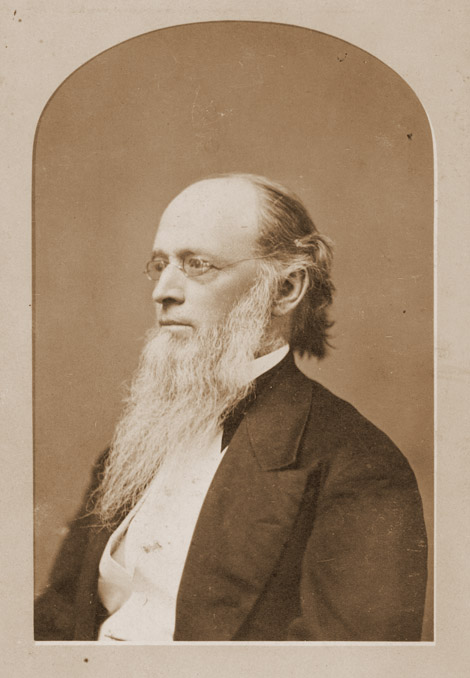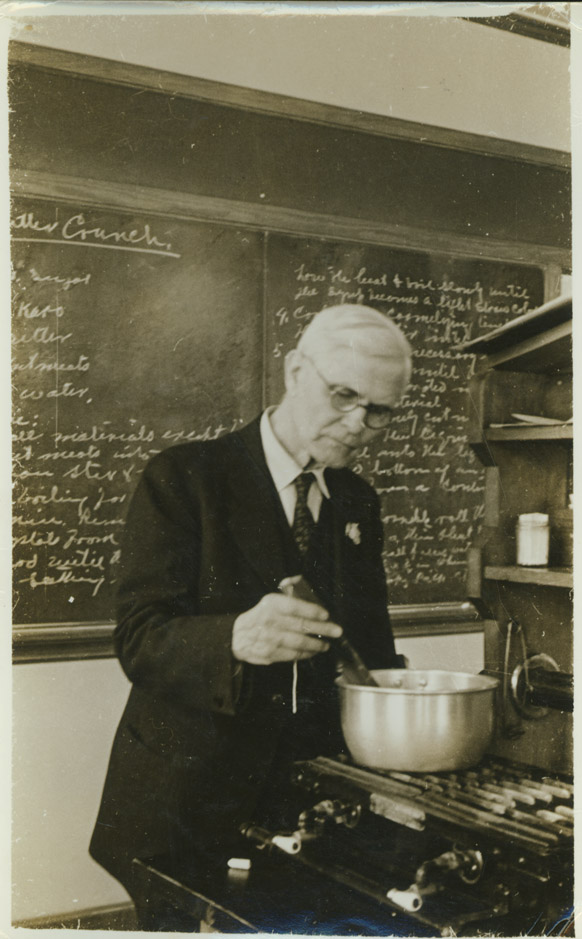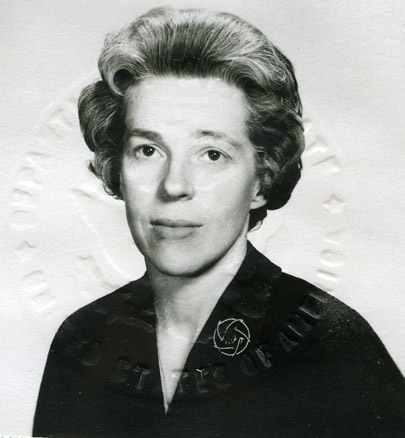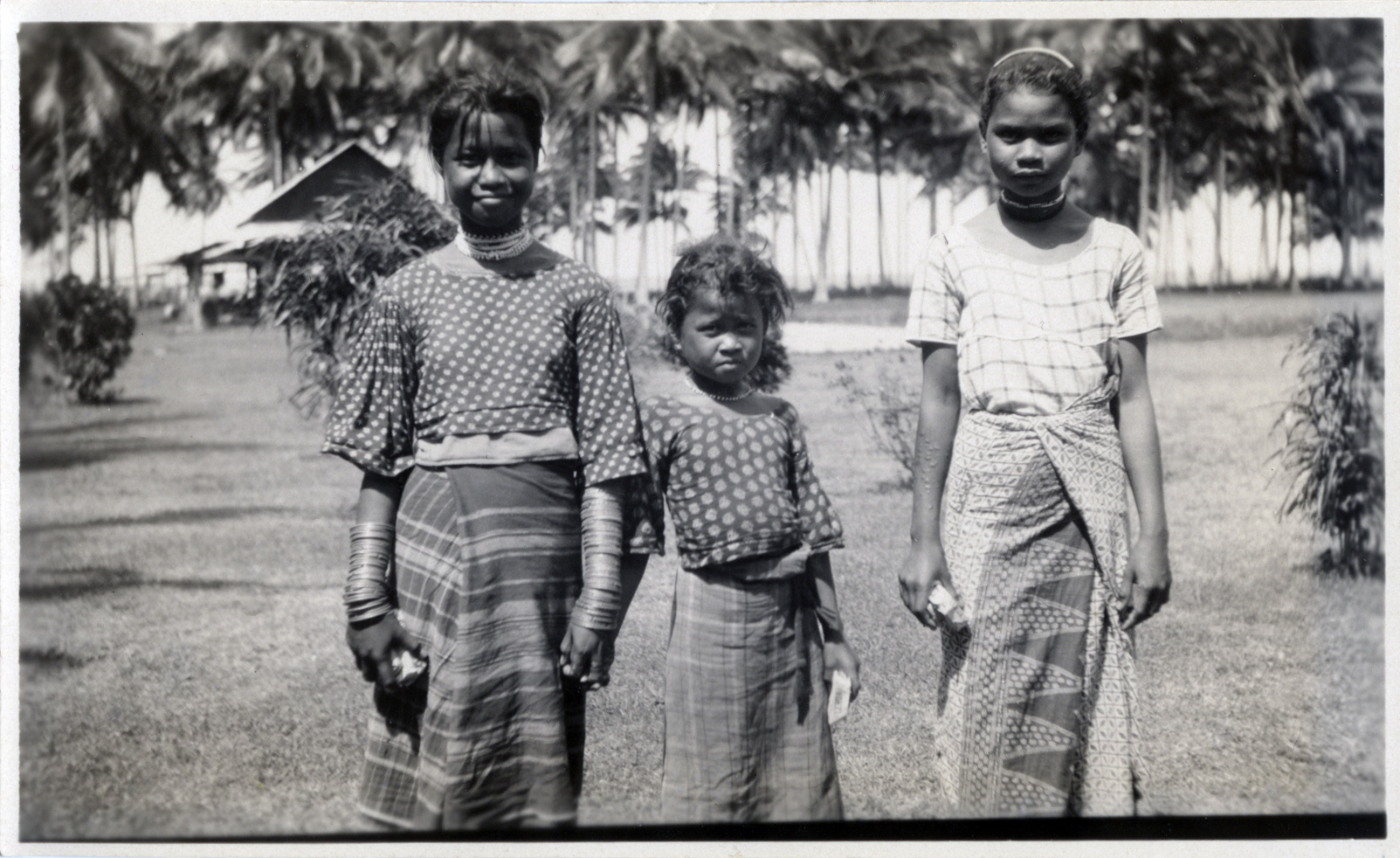David R. Clark Papers
1950-1990
19 boxes 28.5 linear feet
Call no.: FS 183
Access restrictions: Temporarily stored offsite; contact SCUA in advance to request materials from this collection.
A scholar of Yeats and long-time professor of English at UMass Amherst, David Ridgley Clark was born in Seymour, Conn., in Sept. 1920, the son of a school superintendent. A convinced Quaker, Clark was part of a pacifist Ashram in Harlem in 1941 and became a conscientious objector during the Second World War, working as an orderly at a mental hospital in Concord, N.H., and as a forest fire fighter in Oregon as part of his alternative service. When he returned to civilian life, he worked his way through Wesleyan University, receiving his BA in 1947, before earning a MA at Yale in 1950 and doctorate in 1955 for a study of William Butler Yeats and the Theatre of desolate reality. Beginning at UMass while still in graduate school, Clark quickly became a key member of a rising contingent in the humanities. Along with Sidney Kaplan, Jules Chametzky, and Leon Stein, he was instrumental in founding the University of Massachusetts Press, as well as the Massachusetts Review, and he was credited with starting a program with the National Association of Educational Broadcasting that brought major poets to read their work on the radio. In the late 1970s, he served as chair of the English Department and helped to organize the Five College Irish Studies Program. After his retirement from UMass in 1985, Clark taught briefly at Williams College and served as chair of English at St. Mary’s College from 1985-87. He settled in Sequim, Wash., after his full retirement, where he died on Jan. 11, 2010.
The Clark Papers document the research and professional life of an influential member of the English faculty at UMass Amherst. The collection contains a particularly rich assemblage of Clark’s notes and writings on W.B. Yeats, but includes materials relating to his efforts in building the English program and, to a lesser degree, the UMass Press and Massachusetts Review.
Subjects
Massachusetts ReviewUniversity of Massachusetts Amherst. Department of EnglishUniversity of Massachusetts Amherst. Department of EnglishYeats, W. B. (William Butler), 1865-1939





